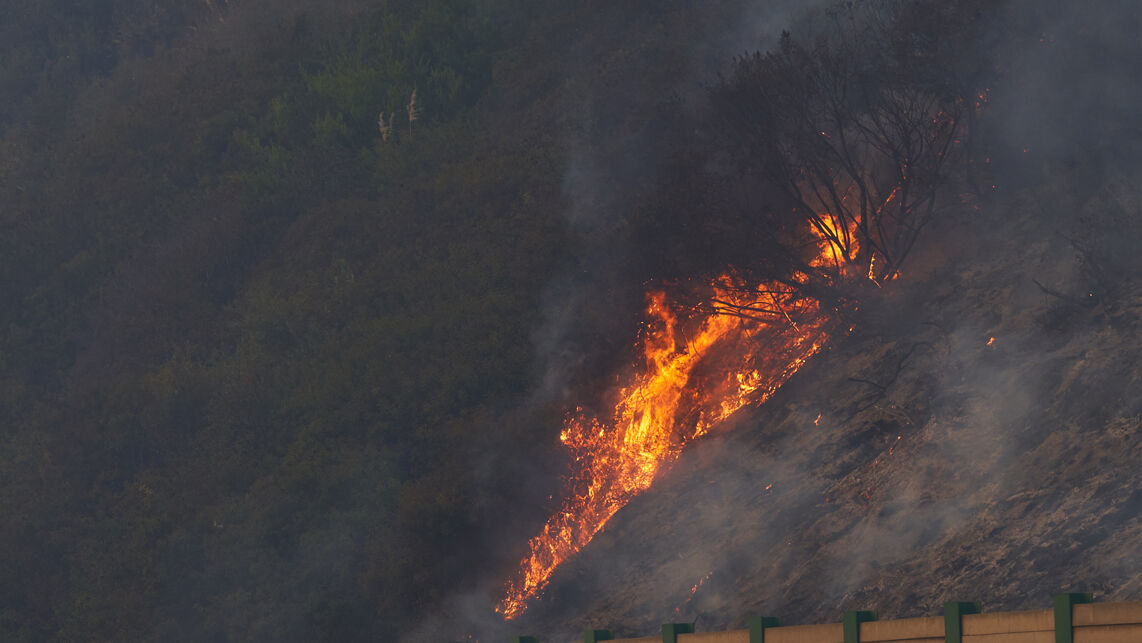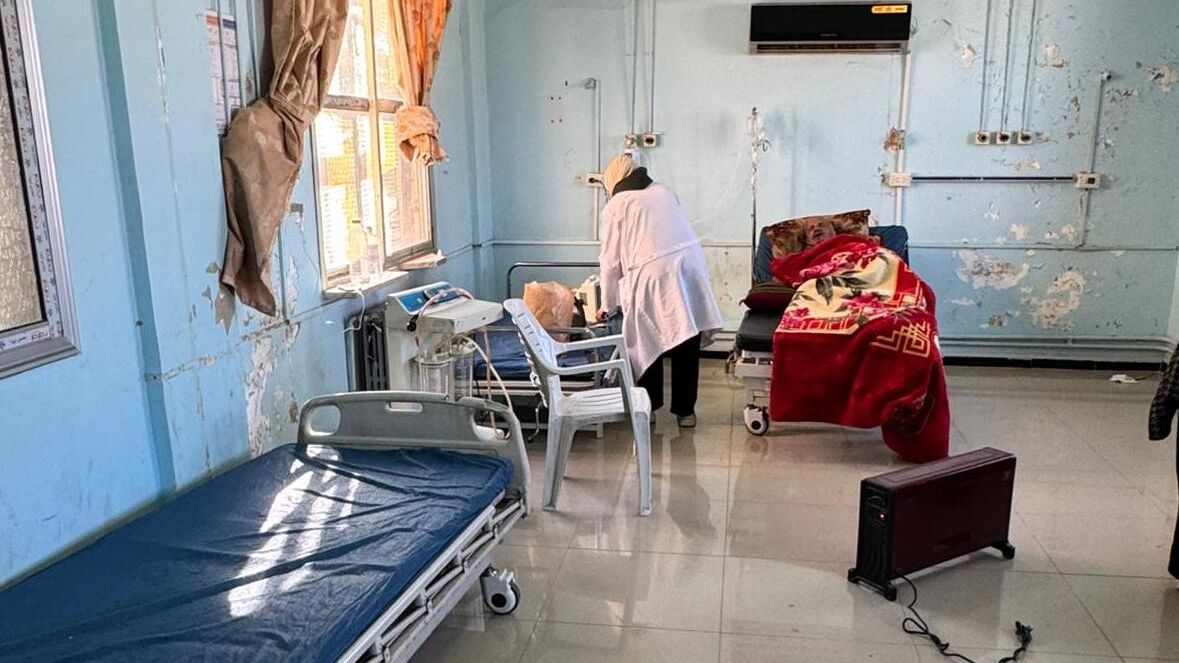Prolonged Drought in Zambia Increases Malnutrition and HIV Exposure

Mothers report skipping food and medicine due to devastating drought
Severe drought in Zambia has impacted nearly half the population and has affected health care, food security, water availability, and electricity. This has been the driest agriculture season in over 40 years, exacerbated by the climate crisis and El Niño. In February 2024, Zambia President Hakainde Hichilema declared the drought a national emergency, calling for international support to prevent a catastrophic hunger crisis.
The drought poses an enormous risk to health outcomes for communities living with HIV across southern Africa and Zambia, which accounts for over 1 in every 10 Zambians. Project HOPE has seen an uptick in program participants unable to take their HIV medication due to hunger and limited access to clean water. Participants reported experiencing food insecurity as many communities depend on agriculture for income and food. The lack of food has caused people to move to find fertile land, disrupting their access to care. Food security has also been proven to lead to decreased access to antiretrovirals, high viral load, drug resistance, and increased HIV transmission – all of which threaten to reverse global health gains made in the fight against HIV/AIDS.
Chilobe Kambikambi, Project HOPE’s Country Director for Zambia, said:
“The drought has been crippling for people across my country. This should be the season of plenty. It is the time for harvesting maize, but we have nothing. People are lucky to eat just one meal a day. Clean water is extremely scarce. When people do not have enough clean water, they become dehydrated and cannot take care of themselves.
The lack of rain has also put young women and children at greater risk of gender-based violence. When families can no longer rely on agriculture for income and food, they spend increased time outside of the home looking for something to eat. Children are especially vulnerable to sexual, physical, and emotional abuse and young women are faced with the risks of forced child marriage and sex in exchange for food and money, increasing the risk of teen pregnancy and sexually transmitted infections like HIV.
The climate crisis is to blame. If we continue to experience rapidly changing weather, devastating droughts like this will become more and more common. This crisis demands international attention and funding. Without intervention, communities will risk starvation and derailing overall health progress.”
Jane Kaputo is a 43-year-old mother of three, including a child living with HIV. She sells fruits and vegetables for a living and has been participating in Project HOPE’s program in Kakubo Village. She said:
“Business has become slow because people do not have enough money to spend on certain commodities. Also, my maize field didn’t do well, and all of my crops dried up before they could mature. The price of a meal is high. I cannot afford to feed my family.
I sometimes miss taking my medicine because I have not eaten. When I take medicine without eating, I feel weak. I find it difficult to make clinical visits as I work extra to find food for my family.”
Kambuza Nanyangwe, a 51-year-old farmer and mother to four children, including one living with HIV, has been participating in Project HOPE’s program in Chikwela village. She said:
“The drought has created a harsh business environment leading to an increase in prices of goods, services, and commodities. My family largely depends on maize from our field, which will not be the case this year because of the poor rainfall. This means having to buy meals at high prices. It is difficult to feed my children.”
###
Project HOPE has worked in Zambia since 2019 to contribute to HIV epidemic control. With funding from USAID and together with the Centre for Infectious Disease Research, Project HOPE supports children vulnerable to HIV/AIDS and their families with health, education, livelihood, protection, and other social services.
For Media Inquiries: Contact bjustus@projecthope.org (WhatsApp: +1 503-764-7864) or media@projecthope.org



